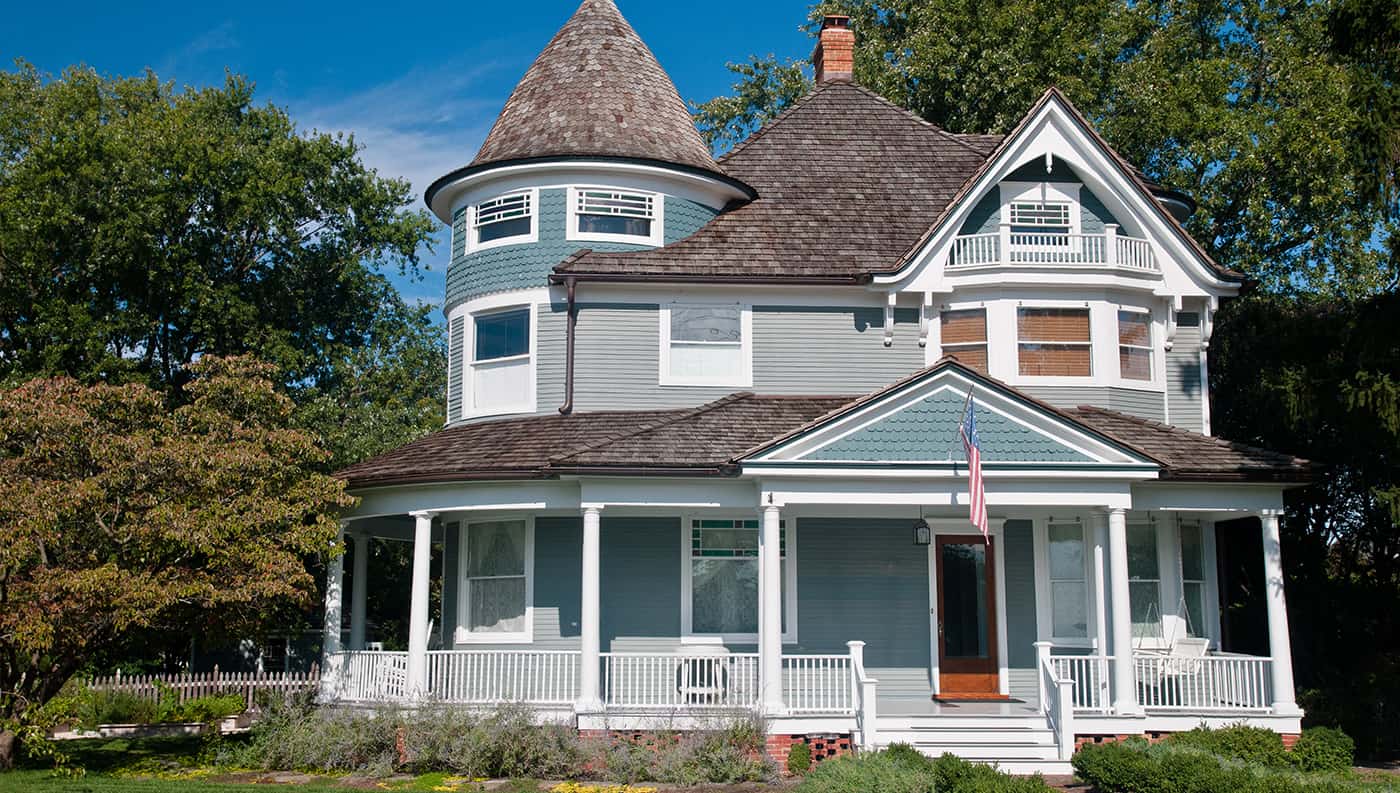
Hold on there, architecture aficionado! Consider these factors before you make history your home.
Some home buyers want new, modern and move-in ready. Others prefer older homes, with character and charm they can’t find in new construction. If you’re interested in historic homes, take these factors into consideration as you shop.
Historic neighborhoods often impose restrictions
Many towns throughout the U.S. have zoning and planning commissions that, among other things, set out to preserve and protect historic homes and neighborhoods.
As a result, renovating and altering a historic home — particularly the building’s facade — will require a separate layer of approval and sometimes bureaucracy. If you buy a 100-year-old home, you may not be able to renovate it the way you want, and that is a serious consideration.
Some landmark or historic districts retain an immense amount of control. As a result, renovations and planning can take longer and cost more. If you’re purchasing a historic home with intentions to renovate, you should consult both an architect and town officials.
Recreating architecture from the past can be challenging — and expensive
Let’s consider the example of Victorian-era homes. Contractors and home builders constructed Victorian homes through the mid to late 19th century, often with materials that are no longer in use today.
If you buy a home in less-than-perfect condition, finding the wainscoting, picture rails, crown moldings, and richly decorative and ornate features common in Victorian architecture can be tricky. Architectural salvage companies can track down these materials, but there’s often a steep cost attached.
Repair and maintenance needs could be extensive
Most buyers want move-in ready homes because they don’t have the time, money or energy to embark on a renovation project. These buyers also don’t want to be burdened with systems going out or having to live with older or outdated technology. For them, it’s a quality of life issue.
If you want a historic home, you need to have a maintenance strategy in mind. Unless you plan to do major renovations or updates (subject to any landmark or historic area regulations), you have to be ready to address issues that arise. Broken systems, leaks or flaws mean time and money.
For history buffs, no amount of time commitment or money will stand between them and a one-of-a-kind home. That person appreciates the architecture and knows that intensive maintenance is par for the course. If you don’t share that appreciation, a historic home is not right for you.
Related:
Note: The views and opinions expressed in this article are those of the author and do not necessarily reflect the opinion or position of Zillow.
Originally published February 2015.
This post first appeared on Zillow.com. To see the original, click here.
